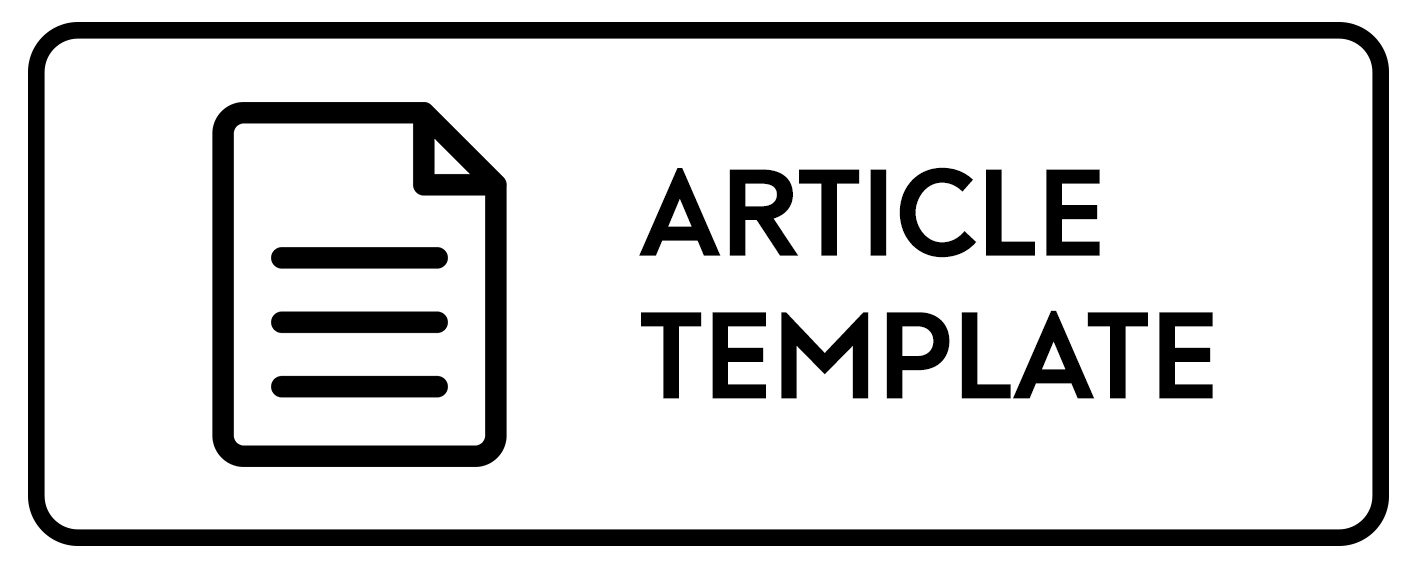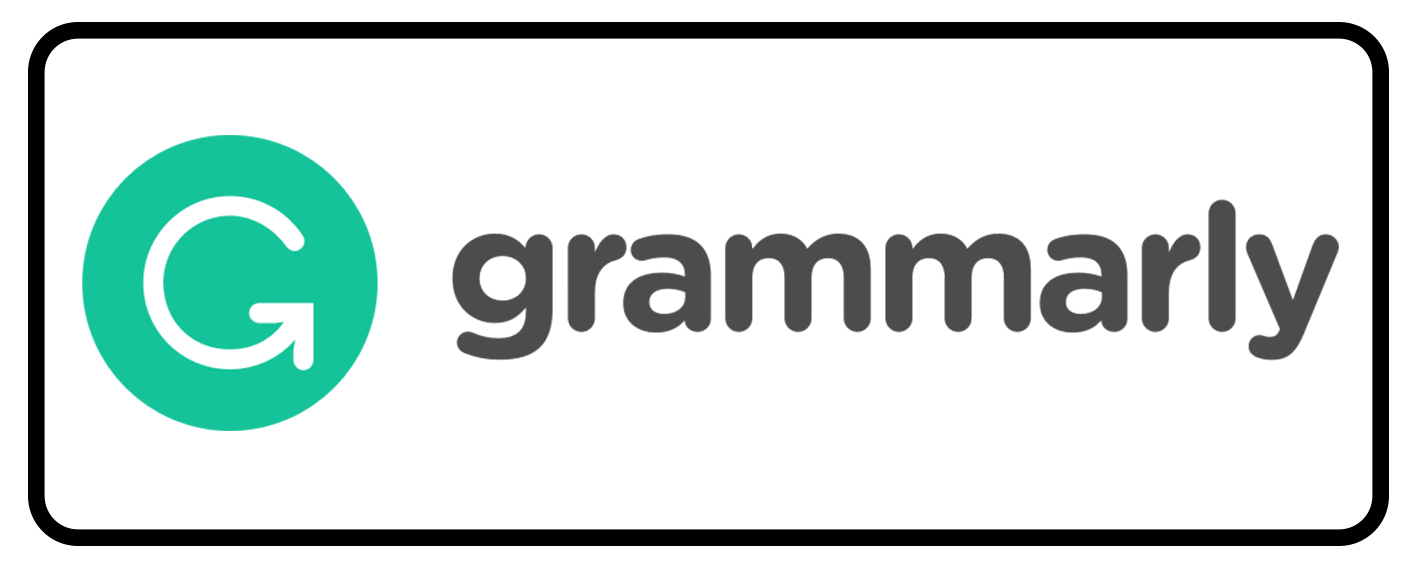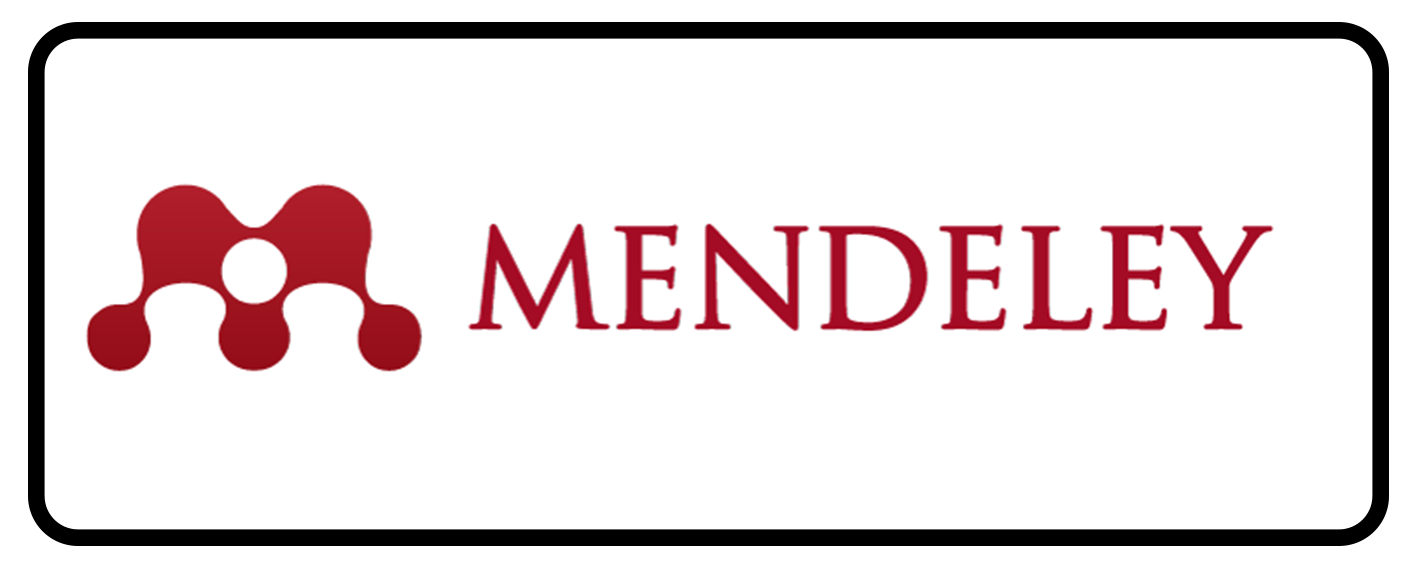Navigating Multilingual Classrooms: Teachers’ Perspectives and Practices of Translanguaging in Ghanaian Junior High School.
Abstract
Keywords
Full Text:
PDFReferences
Abreh, M. K., & Wilmot, E. M. (2018). Implementing national accelerated language programme (NALAP) in northern Ghana: Lessons from the wing schools. African Journal of Educational Studies in Mathematics and Sciences, 14, 101-114.
Adjei, A. F. (2010). Motivation for code-switching in the classroom – the case of rural primary school. Journal of African Cultures and Languages1.1: 21-28.
Agbozo, G. E., & Rescue, E. (2021). Educational language policy in an African country: Making a place for code-switching/translanguaging. Applied Linguistics Review, 12(4), 503-522.
Amekor, K. C. (2009). Codeswitching as a Medium of Instruction in Selected Schools in the Volta Region. M.Phil Thesis. English Department, University of Ghana.
Brew-Daniels, J. (2011). Twi-English Code Switching in the Classroom: a Case Study of some Selected Colleges of Education in the Ashanti Region. MPhil Thesis. Department of English, University of Ghana, Legon
Bronteng, J. E., Berson, I. R., & Berson, M. J. (2019). Public perception of early childhood language policy in Ghana: An exploratory study. Early Years, 39(3), 310-325.
Dovie, D. A. (2023). I Want My Grandchildren to Communicate in the Local Language: Interrogating the Intergenerational Communication Landscape in Ghana. In Intergenerational Relations-Contemporary Theories, Studies and Policies. IntechOpen.
Man, B. D., Nuobepuor, T., Kogri, E. N., & Kpogwiiri, D. A. (2019). Evaluating the National Literacy Acceleration Programme on the teaching of language and literacy in lower primary Schools of Upper West Region of Ghana. Journal of Literature, Languages and Linguistics, 55, 39-55.
Kaiza, E. K., & Chachu, S. (2024). Plurilingualism and the learning of French as a foreign language in Ghana. International Journal of Multilingualism, 21(4), 1887-1905.
Klu, K. E., & Ansre, M. A. (2018). An overview of the Language-in-Education Policy in Ghana: Emerging issues. The Social Sciences, 13(3), 596-601.
Lewis, M. Paul, ed., (2009). Ethnologue: Languages of the World. (16th ed.) Dallas, Texas: SIL International. Online version: http://www.ethnologue.com/.
Opoku-Amankwa, K. (2009). English-only language-in-education policy in multilingual classrooms in Ghana. Language, Culture and Curriculum, 22(2), 121-135.
Owu-Ewie, C., (2017). Language, education and linguistic right in Ghana. Ghana Journal of the Humanities. 28(2): 151-172.
Owu-Ewie, C. (2007). The language policy of education in Ghana: constraints and the way forward. Journal of the African Language Teachers Association 9.2: 1-40.
Soma, A., & Zuberu, M. B. (2022). National language and literacy policies and multilingualism in Ghana: Implication for literacy development in basic schools. International Journal on Studies in English Language and Literature (IJSELL), 10(1), 36-41.
Yevudey, E. (2014). Translanguaging as a language contact phenomenon in the classroom in Ghana: Pedagogic relevance and perceptions. Learning, working and communicating in a global context, 259, 259-270.
Yevudey, E. (2017). Bilingual practices in Ghanaian primary schools: Implications for curriculum design and educational practice (Doctoral dissertation, Aston University).
Yevudey, E. (2013). The Pedagogical relevance of codeswitching in the classroom: Insight from Ewe-English codeswitching in Ghana. Ghana Journal of Linguistics 2.2: 1-22 (2013)
DOI: http://dx.doi.org/10.30872/calls.v11i1.18645
Copyright (c) 2025 Richard Ayertey Lawer

This work is licensed under a Creative Commons Attribution-ShareAlike 4.0 International License.
Editorial address:
Fakultas Ilmu Budaya, Universitas Mulawarman
Address: Jl. Ki Hajar Dewantara, Gunung Kelua, Kec. Samarinda Ulu, Kota Samarinda, Kalimantan Timur, Indonesia 75123
Email: jurnalcalls@fib.unmul.ac.id
Website: http://e-journals.unmul.ac.id/index.php/CALLS

CaLLs: Journal of Culture, Arts, Literature, and Linguistics site is licensed under a Creative Commons Attribution-ShareAlike 4.0 International License
CaLLs: Journal of Culture, Arts, Literature, and Linguistics indexing by:














